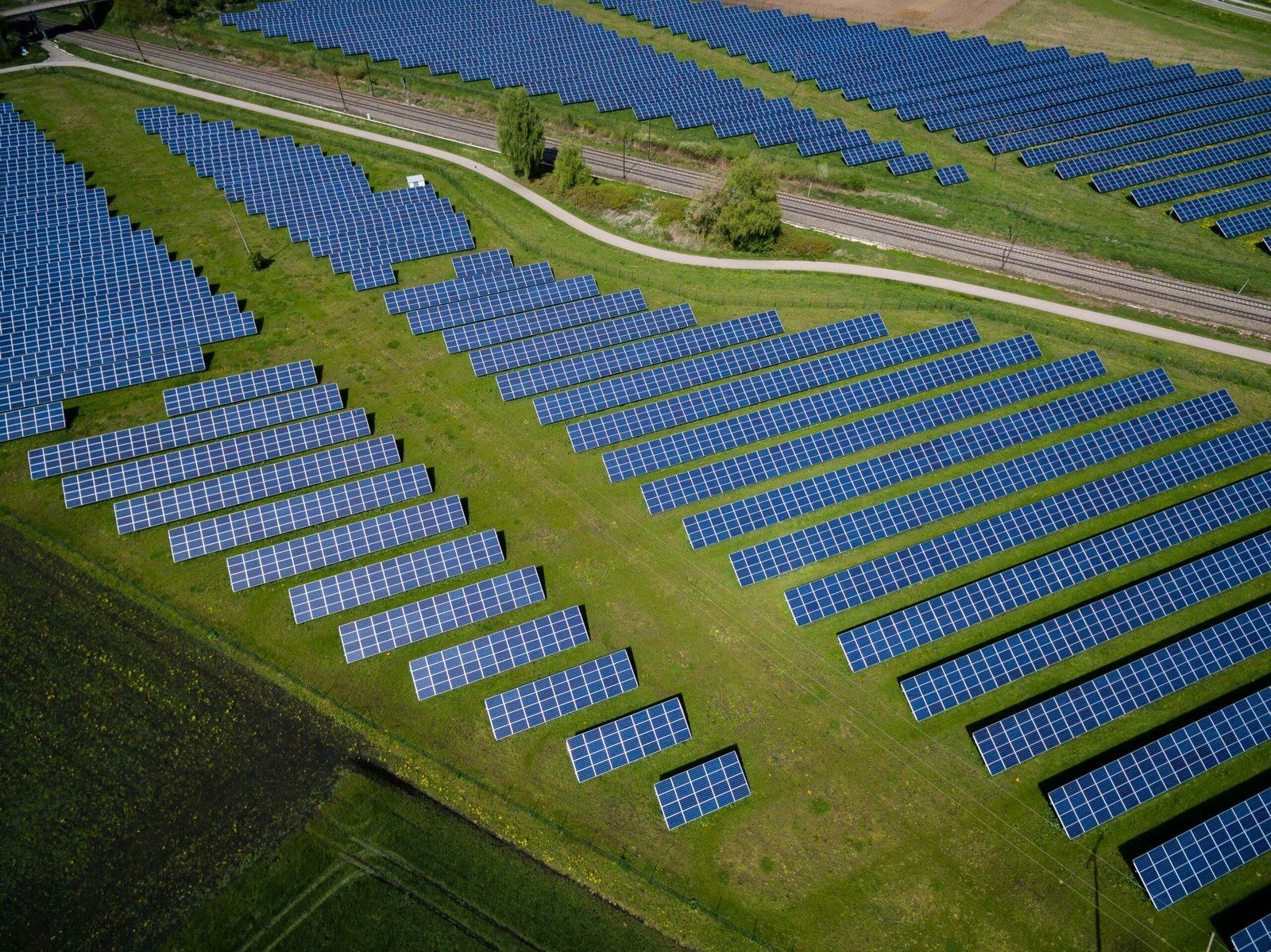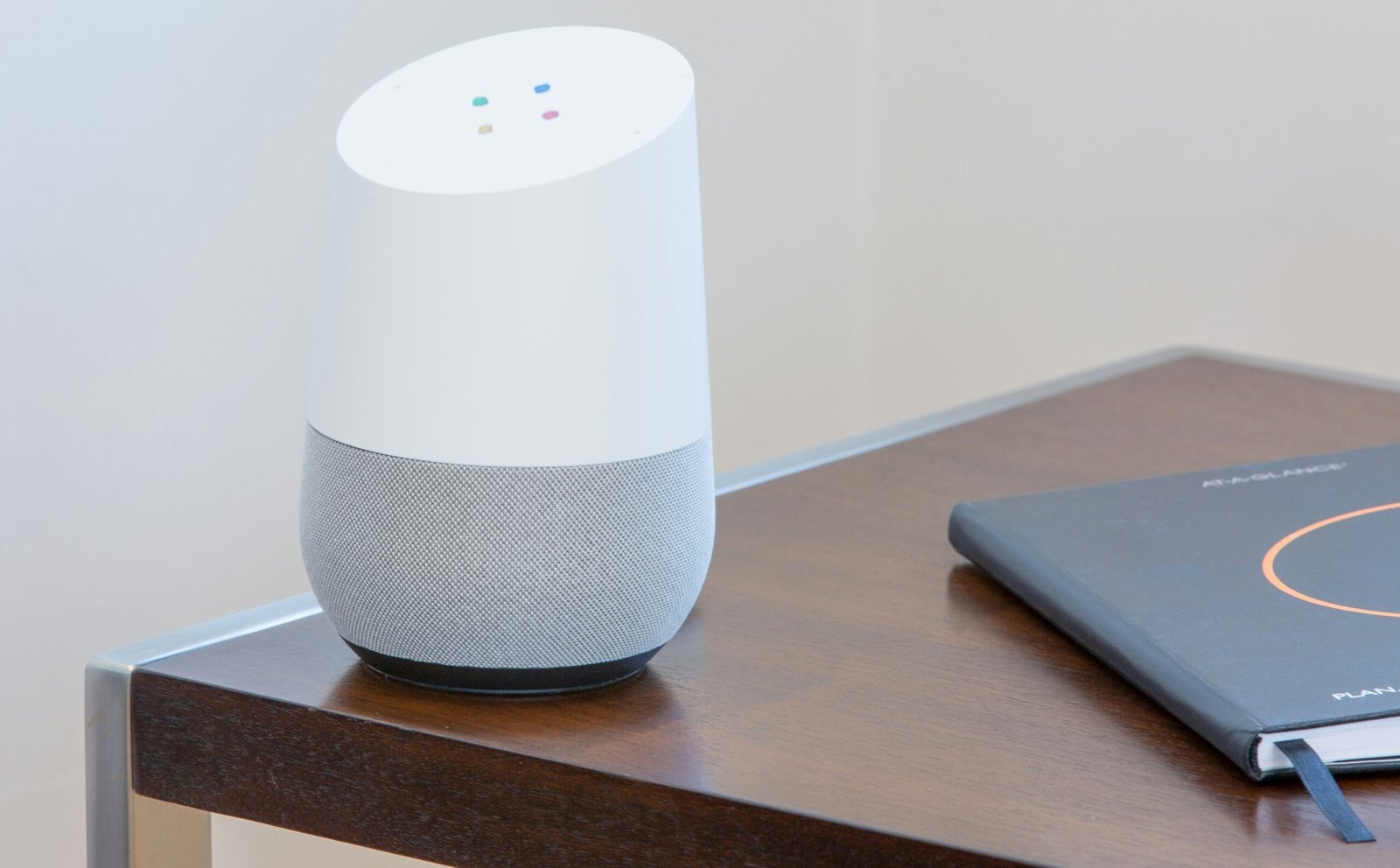Understanding Energy Management in Smart Homes
Energy management in smart homes refers to the systematic process of monitoring, controlling, and optimizing energy usage through advanced technology. It plays a crucial role in enhancing energy efficiency and fostering a sustainable living environment. With the integration of smart devices and systems, homeowners can better understand their energy consumption patterns and make informed decisions regarding their energy use, thereby contributing to substantial reductions in waste and overall consumption.
One of the key aspects of energy management in a smart home is the ability to monitor real-time energy usage. Smart meters and connected appliances provide valuable data that enables homeowners to analyze when and how much energy is being consumed. This level of transparency helps identify inefficiencies, allowing users to make necessary adjustments such as scheduling high-energy tasks during off-peak hours or reducing usage in less critical areas of the home. The result is not only improved energy efficiency but also significant potential savings on utility bills.
Furthermore, smart home technologies, such as smart thermostats, automated lighting, and energy-efficient appliances, can significantly enhance the control over energy consumption. For instance, a smart thermostat can learn the homeowner’s schedule and preferences, adjusting heating and cooling systems accordingly to minimize energy usage when the home is unoccupied. Similarly, smart lighting solutions can automatically turn off when no one is present, preventing unnecessary energy expenditure.
By implementing effective energy management strategies, homeowners can enjoy numerous benefits beyond just energy savings. These include a reduced carbon footprint, which contributes to environmental sustainability, and potential increases in home value as energy-efficient homes are increasingly desirable. Overall, understanding and leveraging energy management in smart homes is essential for creating a more sustainable, cost-effective living space.
The Role of Smart Devices in Energy Conservation
In the evolving landscape of home management, smart devices have emerged as pivotal tools for enhancing energy efficiency and conservation. These technologies encompass various products, such as smart plugs, smart thermostats, and energy monitoring systems. Each of these devices offers distinct features and benefits that collectively contribute to a more sustainable lifestyle.
Smart plugs, for instance, allow homeowners to control the power supply to appliances remotely. By integrating these devices with home automation systems, users can schedule when their devices are powered on or off, thereby reducing unnecessary energy consumption. Furthermore, many smart plugs come equipped with energy usage reports, giving users insights into their electrical consumption patterns. This information is invaluable for making informed decisions about energy usage and identifying potential efficiencies.
Smart thermostats represent another significant advancement in energy conservation. These devices learn the homeowner’s habits and preferences over time, adjusting temperature settings automatically to optimize heating and cooling efficiency. Advanced models utilize weather data and occupancy sensors to reduce energy usage when no one is home, ensuring that energy is not wasted. By seamlessly integrating with home heating and cooling systems, smart thermostats not only enhance comfort but also lead to substantial energy savings.
Energy monitoring systems further enhance smart home management by providing real-time data on energy consumption across various devices. This information empowers homeowners to make better decisions regarding their energy habits. For instance, users can identify which appliances consume the most energy and make adjustments accordingly. By integrating these smart devices into daily routines, homeowners can actively manage energy usage and ultimately reduce their carbon footprint.
Through the adoption of smart devices, families can experience a user-friendly approach to energy conservation, leveraging technology to maintain sustainability while enjoying modern conveniences.
Integrating Solar Power Into Your Smart Home Model
The incorporation of solar power systems within a smart home model is a significant stride towards achieving sustainability and fostering energy efficiency. Homeowners today have access to various solar power solutions, primarily characterized by solar panels and solar batteries. Solar panels, which convert sunlight into electricity, are often installed on rooftops or in open spaces to optimize sunlight exposure. These systems not only provide clean energy but also potentially lower electricity bills by reducing reliance on grid energy.
In addition to solar panels, solar battery storage solutions play a crucial role in enhancing the efficacy of solar power in smart homes. These batteries facilitate the storage of excess energy generated during the day, which can then be utilized during peak hours or during cloudy days when solar production may be diminished. This stored energy serves to ensure a more reliable power supply, thereby decreasing the need for electricity drawn from the traditional grid and further increasing overall energy independence.
Moreover, the integration of solar power with smart home devices can heighten energy management capabilities. Advanced smart home systems can directly monitor energy consumption and automatically adjust settings based on solar energy availability. For instance, smart thermostats and smart appliances can be programmed to operate primarily during peak solar generation times, maximizing the use of renewable energy and minimizing costs.
By adopting these technologies, homeowners not only invest in a greener future but also experience significant long-term savings on energy costs. The combination of solar power with smart home management systems showcases a dynamic approach to reducing dependency on fossil fuels and promotes a sustainable lifestyle, making it a paramount consideration for energy-conscious consumers.
Practical Tips for Effective Energy Monitoring and Management
Energy efficiency is crucial for both reducing utility bills and minimizing environmental impact. Homeowners seeking to optimize their energy use can benefit significantly from a variety of actionable strategies. Implementing smart home devices plays a key role in the management of energy consumption. Begin by setting up energy monitoring systems that track real-time usage data for various appliances and devices within the home. These systems provide insights that allow homeowners to make informed decisions regarding their energy habits.
To enhance the effectiveness of these devices, it is essential to personalize settings according to daily schedules. For example, programming smart thermostats to adjust temperatures during off-peak hours can lead to significant savings. Additionally, using timers for lighting can ensure that lights are only on when needed, further contributing to energy conservation. Homeowners should also consider utilizing smart power strips, which can reduce energy waste by automatically shutting off power to devices in standby mode.
Automation features are a strong advantage of energy management systems. By scheduling energy-intensive appliances, such as dishwashers and washing machines, to operate during times when energy demand is lower, users can cut costs and lessen the strain on the energy grid. Regular evaluations of energy use should be conducted to assess the effectiveness of these strategies. This may involve reviewing data from energy monitoring systems and reassessing whether specific devices need recalibration or adjustments in usage behaviors.
Moreover, simple behavioral changes, such as turning off lights when leaving a room or unplugging chargers when not in use, can also significantly impact overall energy consumption. Educating all household members about the importance of energy efficiency fosters a collaborative approach to conservation. By integrating smart devices with thoughtful management practices, homeowners can achieve greater control over their energy consumption, leading to sustainable and cost-effective living.



